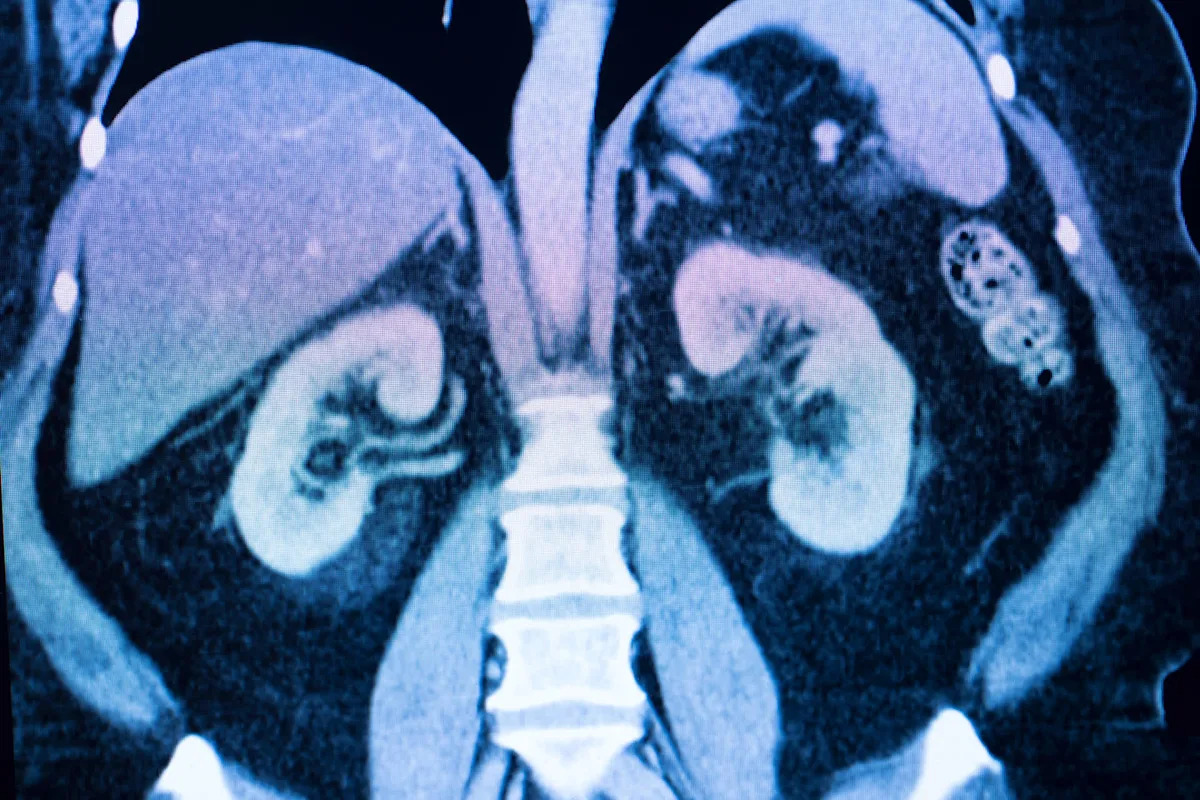Home / Environment / Microplastics in Drinking Water Linked to Kidney Damage and Inflammation
Microplastics in Drinking Water Linked to Kidney Damage and Inflammation
1 Nov
Summary
- Microplastics found to carry pollutant Benzo[a]pyrene into body
- Bottled water identified as main source of microplastic exposure
- Microplastics damage intestinal wall and kidneys, cause inflammation

As of November 1st, 2025, a concerning new study has revealed that the growing presence of microplastics in drinking water and food is causing significant damage to human health. The study, published in Communications Biology, found that these tiny plastic particles less than 5 millimeters in length are the primary carriers of the environmental pollutant Benzo[a]pyrene (BaP) into the body.
The research indicates that microplastics, which are nearly impossible to clean up due to their minuscule size, are being ingested through various sources, including bottled water, and are posing serious risks to internal organs. The study specifically found that microplastics are causing harm to the intestinal wall and kidneys, leading to systemic inflammation.
Bottled water has been identified as the main source of microplastic exposure, raising concerns about the safety of this popular beverage choice. While the International Bottled Water Association has disputed the study's findings, the evidence suggests that plastic bottles of all kinds, not just water, can contribute to the microplastic pollution problem.
To address this growing issue, experts recommend reducing the use of single-use plastics, properly recycling, and investing in reusable water bottles and containers. Scientists are also working on developing filters and other solutions to mitigate the impact of microplastics in the environment. Though the full extent of the risks is still being studied, taking proactive steps to limit plastic consumption can help reduce the potential harm to human health and the ecosystem.




